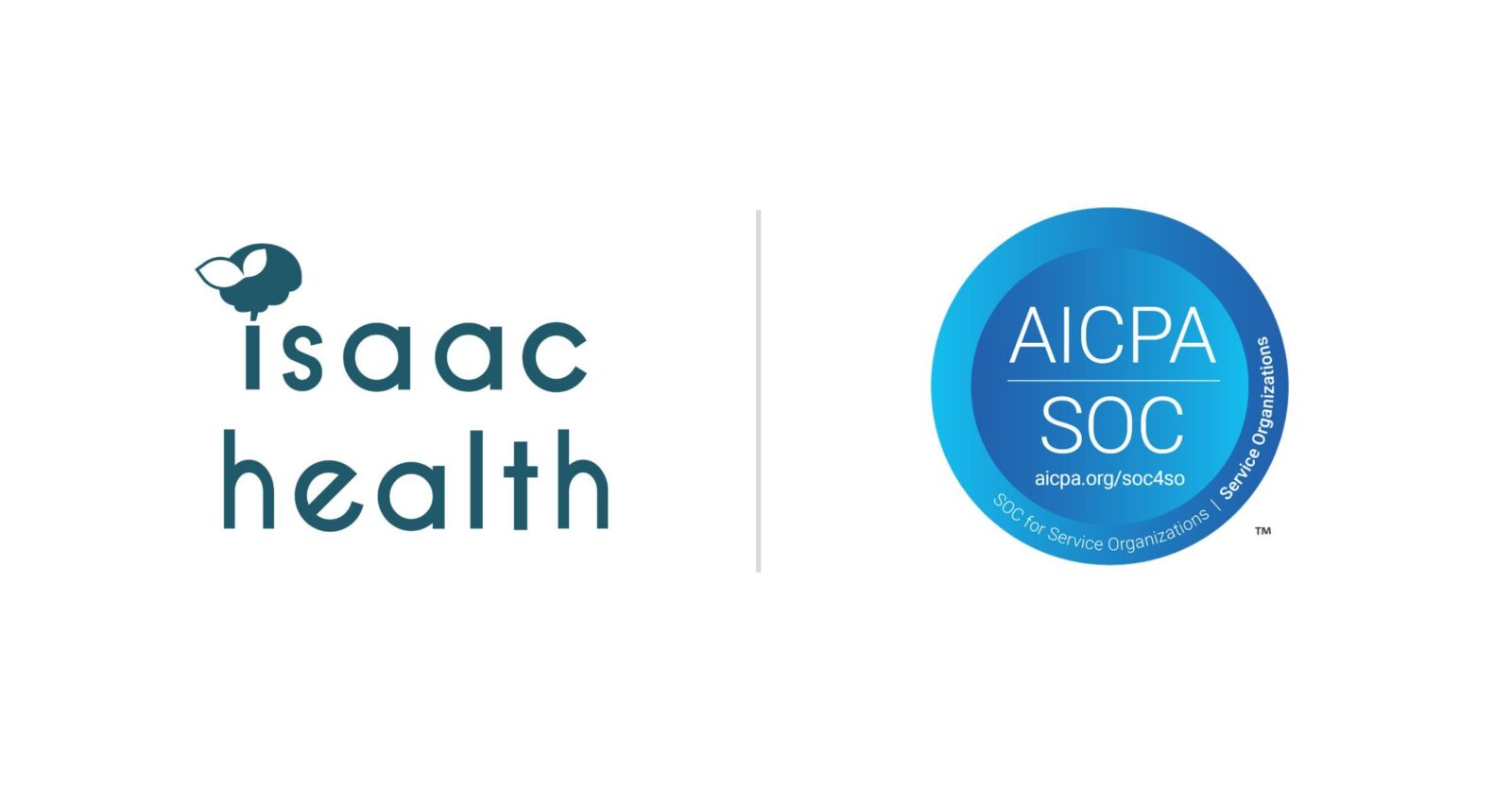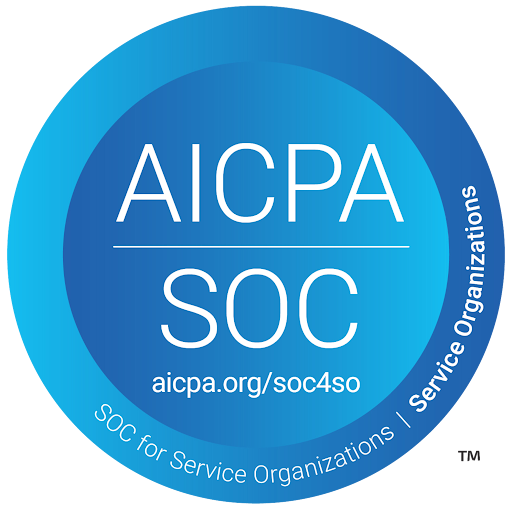As we age, many of us worry about losing our cognitive abilities and memory. In recent years, there has been a surge of interest in computerized brain training games as a potential solution to prevent memory loss and cognitive decline. But do these games actually work? In this blog post, we will explore the evidence for and against brain training games, the controversy surrounding their efficacy, and how to tell the difference between a fun-but-useless game and an effective cognitive training program.
The Controversy
Brain training games have been around for decades and have been the subject of many studies investigating their efficacy. However, the results of these studies have been mixed, leading to controversy over whether or not these games actually work. Some studies have found that playing brain training games can improve cognitive function, while others have found no significant benefits. For example, a study published in the New England Journal of Medicine found that while playing certain brain training games led to some improvement in cognitive function, the effects were not long-lasting and did not generalize to other cognitive tasks.
Evidence For Brain Training Games
Despite the controversy, some studies have found evidence to support the use of brain training games as a tool for cognitive enhancement. A study published in Scientific Reports found that playing a certain type of brain training game improved working memory and attention in healthy older adults. Another study published in the Journal of Gerontology: Psychological Sciences found that playing brain training games improved cognitive function and reduced depressive symptoms in older adults with mild cognitive impairment.
Difference Between Brain Training and Online Brain Games
It’s important to note that not all online games marketed as “brain training” are created equal. Brain training games are specifically designed to target cognitive skills such as attention, memory, and reasoning, while other online games are simply designed for entertainment. It’s essential to understand the difference between the two before investing time and money into a program.
How to Tell the Difference Between a Fun-but-Useless Game and an Effective Cognitive Training Program
When evaluating brain training programs, it’s essential to look for evidence-based programs that have been rigorously tested in clinical trials. Some important factors to consider include the quality of the research, the target population, the length of the program, and whether or not the program offers personalized training. It’s also important to remember that brain training games are just one piece of the puzzle when it comes to maintaining cognitive health. Other factors such as physical exercise, a healthy diet, and social engagement are also crucial for cognitive health.
Because it can be challenging to determine which brain training games or programs are worth your time and money. Here are some guidelines to help you evaluate a cognitive training program:
- Research the product: Search for the name of the treatment or program online, along with keywords like “review,” “complaint,” or “scam.” Look for reputable sources of information, such as scientific studies, consumer reports, or trusted health websites.
- Consult a health professional: Talk to a doctor or other qualified health professional to learn more about the program and whether it is likely to be effective or safe for the individual. Ask about the scientific evidence supporting the program, as well as any potential interactions with other supplements or medications the person may be taking.
- Be skeptical of guarantees or promises: Companies may try to take advantage of your hope for improvement by making unrealistic or exaggerated claims. Beware of programs that promise quick or effortless results, or that claim to be a “cure” for dementia or other serious conditions.
- Evaluate the claims: Look critically at the claims made by the program, and ask for evidence to support them. Be wary of programs that rely on testimonials or anecdotes, rather than rigorous scientific studies. Remember that ads must be truthful and not misleading, but you are your best defense against health scams.
- Know that “natural” doesn’t always mean safe or effective: Just because a product is marketed as “natural” doesn’t mean it is safe or effective. Some natural supplements or remedies may actually be harmful or interfere with proven medical treatments. Always consult with a health professional before starting any new treatment or supplement.
- Know that the government is unlikely to hide proven treatments from you. If a program claims that the government or pharmaceutical industry is hiding a proven remedy or tries to convince you that there is a conspiracy afoot before it tells you what it’s offering, it is likely a scam. The government and medical industry are committed to finding effective treatments for dementia and other cognitive conditions, and would not hide or suppress effective therapies. Again, check to see if the program has demonstrated transfer of training to relevant real-world tasks. Choose a program that is based on scientific evidence and has been tested in randomized controlled trials. Look for information about the program’s development, the qualifications of the developers, and any well known certifications or awards.
By considering these factors, you can make an informed decision about which cognitive training program is best for you. Remember, no program can 100% guarantee a complete prevention of dementia or memory loss, but the right program may improve your cognitive function and quality of life.
The Honest Answer
Answering the question of whether brain training games actually work is not a straightforward one. While the evidence supporting their effectiveness is mixed, it’s clear that not all brain training games are created equal. To avoid being taken advantage of by unscrupulous companies, be sure to follow the guidelines we’ve discussed in this post. And remember, while brain training games may have some benefits, they are not a magic cure for dementia or memory loss. If you or a loved one are concerned about cognitive decline, the best thing to do is to speak with a healthcare professional. At Isaac Health, our doctors are here to help you navigate these concerns and provide personalized recommendations based on your unique needs. So why wait? Make an appointment with us today and take the first step towards a healthier, happier brain.
Sources
- Evidence: Do Brain Training Games Actually Work? – https://evidence.nejm.org/doi/full/10.1056/EVIDoa2200121
- Brain training games: Do they boost cognition? – https://www.sciencenews.org/article/brain-training-games-brainpower-cognition
- Cognitive training may improve memory and attention, but for whom? – https://www.nature.com/articles/s41598-020-72281-3
- Can Playing Brain Games Keep Your Mind Sharp? – https://www.bannerhealth.com/healthcareblog/teach-me/can-playing-brain-games-keep-your-mind-sharp#:~:text=Unfortunately%2C%20many%20don’t%20live,Langbaum%20said.
- Who benefits from brain training and why? – https://news.uci.edu/2022/06/21/who-benefits-from-brain-training-and-why/
- A Consensus on the Brain Training Industry from the Scientific Community – https://longevity.stanford.edu/a-consensus-on-the-brain-training-industry-from-the-scientific-community-2/
- The Controversy: Does Brain Training Work? – https://www.cognitivetrainingdata.org/the-controversy-does-brain-training-work/response-letter/
- How to Evaluate a Brain Training Program – https://www.cognitivetrainingdata.org/how-to-evaluate-a-brain-training-program/








